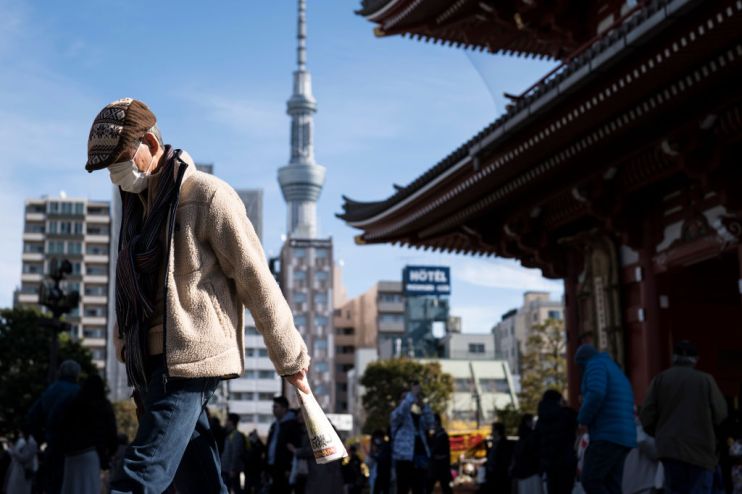All eyes turn to China ahead of markets reopening

When China’s financial markets plunged into crisis in the late summer of 2015, the authorities in Beijing were left panicking. Having encouraged tens of millions of their citizens to invest in the stock market, they were unprepared for the consequences of a mass sell-off.
As millions of small investors began to offload shares, the government responded with public information campaigns promoting the benefits of further investment. It didn’t work, and with the Shanghai Composite tumbling into bear market territory an extraordinary array of measures were implemented.
Large shareholders were banned from selling stocks for six months, hedge funds were corralled into buying up shares and the police were dispatched to round up shortsellers. Journalists, market commentators and traders were also detained, accused of spreading panic and misinformation. Some were even paraded on state TV, confessing to their role in adding to market volatility. It was a dramatic and sobering reminder of what happens when the laws of market economics come up against the will of authoritarian regimes.
This is worth reflecting on now, as Beijing once again readies itself to confront economic uncertainty and market shocks. Having extended the Lunar New Year holiday in a bid to contain the spread of coronavirus, Chinese markets are back in business this week, with a bumpy opening expected.
The central bank will pump an unprecedented amount of money into the market, with tens of billions of dollars made available to increase bank lending. In addition, banks will be encouraged not to call in loans made to struggling firms, rules on banks’ reserve requirements will be relaxed, listed companies will be allowed to delay their reporting of first-quarter financials and a cap on the percentage of equities allowed to be held by insurers will also be raised.
All of this was put in place ahead of the market open, but already analysts are debating the likely efficacy of such measures. One analyst at Swissquote Bank told Bloomberg the plan “may look like trying to counter a tsunami with shovels”.
When Chinese markets crashed in 2015, the Shanghai shockwave wiped more than £1 trillion off the value of listed companies around the world, so markets in China this week will be watched even more closely than usual. The virus has whipped up fear across the region. Now we shall see if that fear will be transmitted via global markets.
